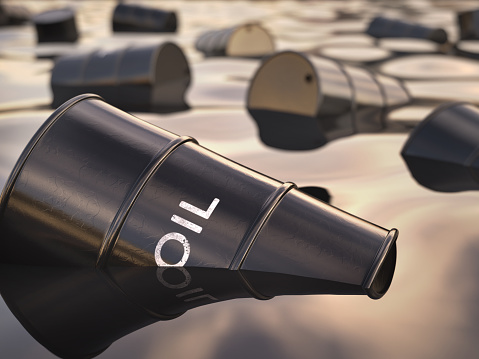For some it’s a blessing, for others it spells trouble ahead, but one way or another, the oil price drop will have an effect on emerging markets. After hitting a nearly four-year high above $86 a barrel in early October, Brent crude, LCOF9, -0.17% dropped like a stone, trading temporarily below $60 per barrel, as worries over growing output and global demand took their toll. Brent, the global benchmark, and West Texas Intermediate crude CLF9, +0.24% its U.S. counterpart are both down more than 30% from their early-October peaks. Crude rebounded Monday, but was back down, in part thanks to a stronger U.S. dollar DXY, -0.10% on Tuesday.
Turkey, for example, is a net oil importer (and is also still buying oil from Iran), and a cheaper price of the black gold will help Ankara’s balance of payments. Similarly, the likes of South Africa and India, also net importers, but with smaller current account deficits, they will likely see the cheaper oil price boost their terms of trade and support their GDP growth.
In hard numbers, every $10 per barrel drop in the oil price, boosts the income of oil importing emerging economies by roughly 0.5%-0.7% of GDP, according to Capital Economics. This is particularly exciting as investors didn’t have the best economic outlook for the above three countries just a few weeks back, due in part to rising oil prices.
On the other end of the spectrum are oil exporters, like Russia and the Gulf states, for which the $10 drop per barrel translates into a decline worth something in the range of 1.5%-5% of GDP, with the Gulf states hit harder, Capital Economics said. While that’s not great, these oil producers run large current account surpluses, and the oil price would have to fall a whole lot more to change that. Russia is also struggling with U.S. sanctions, which have led to weakness in the ruble USDRUB, -0.2791% and in the stock market MOEX, +0.00% The iShares MSCI Russia ETF ERUS, +2.80% is down 2.5% in the year-to-date.


 Signal2forex.com - Best Forex robots and signals
Signal2forex.com - Best Forex robots and signals




